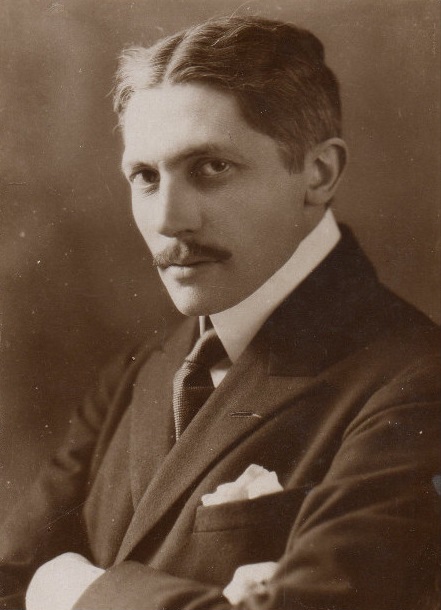Jacques Bainville [1] fue un historiador, cronista especializado en asuntos exteriores,[2] periodista y académico francés. Monárquico,[3] perteneció a Acción Francesa,[4] de la que fue una figura destacada,[3] y fue miembro de la Academia Francesa desde 1935 hasta su muerte.[5]
Fue autor de obras como L'Histoire de deux peuples ,[1] L'Histoire de deux générations ,[1] Les conséquences politiques de la paix ,[7] Histoire de France ,[8] Petite Histoire de France ,[9] Napoléon,[10] Les dictateurs ,[7] o Histoire de la Troisième République ,[1] entre otras.
Director de la revista Revue universelle,[12] colaboró en publicaciones como L'Action Française, Gazette de France, Le Petit Parisien, L'Eclair de Montpellier,[13] Candide, Liberté, Le Petit Journal, Capital o La Nation belge,[12] entre otras.
En sus últimos años se mostró opuesto a la Alemania nazi.[5] En 1979 se publicó sobre él Jacques Bainville and the Renaissance of Royalist History in Twentieth-Century France, de William R. Keylor.[3]
Fue condecorado en 1920 como Caballero de la Legión de honor por su labor en el ámbito de Publiciste-Homme de Lettres, por reporte del Ministerio de Asuntos Exteriores de Francia.[14]
Wikipedia
✵
9. febrero 1879 – 9. febrero 1936
